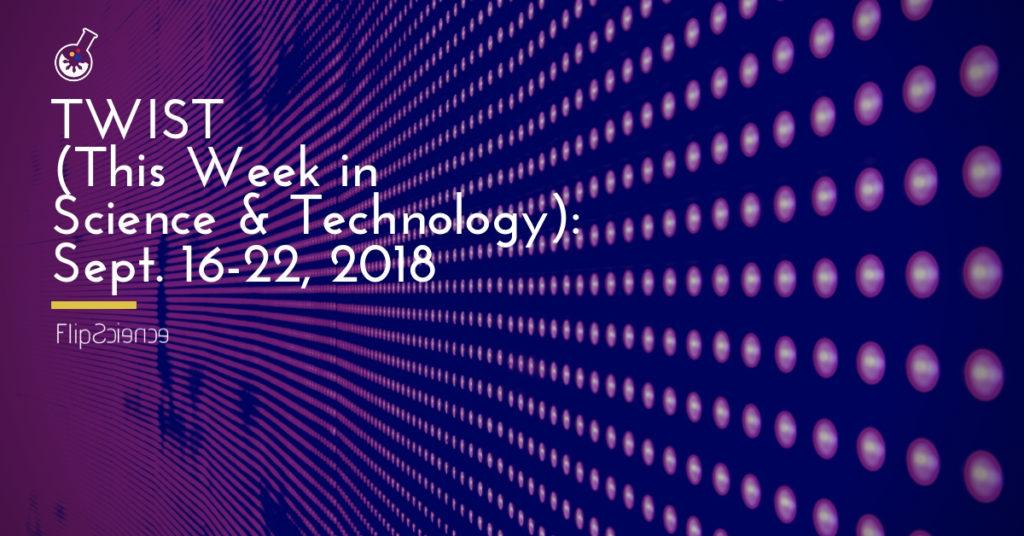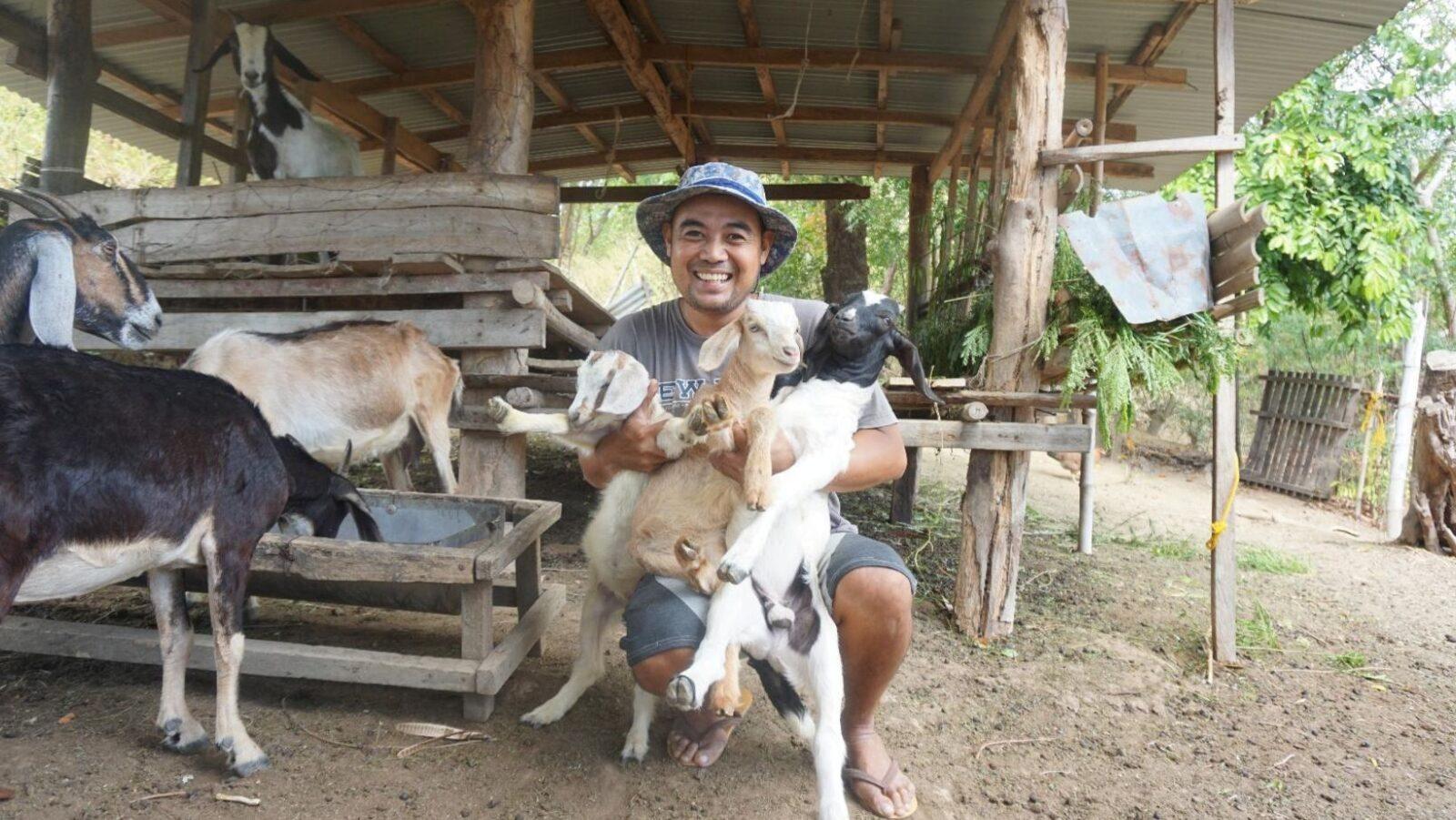ICYMI: A handful of science and technology updates from September 16 to September 22, 2018.
Puerto Princesa pledges to end its HIV epidemic come 2030
Puerto Princesa mayor Lucilo Bayron recently signed the Paris declaration to end the city’s AIDS epidemic by 2030, in partnership with the Joint United Nations Programme on HIV/AIDS (UNAIDS). HIV/AIDS is a significant issue in the city, which has registered over 280 cases in the last 5 years. Read the full story.
ABS-CBN takes down online stores temporarily due to data breach
A reported data breach in its two online stores caused media network ABS-CBN to close them temporarily last September 19. In a statement, the network said that the personal information and credit card details of ABS-CBN Store (store.abs-cbn.com) and UAAP Store (uaapstore.com) customers “may have been exposed.” It was Willem de Groot, a Netherlands-based security consultant and researcher, who exposed said data breach. Read the full story.
An African thumb piano may hold the key(s) to sniffing out fake medicine
Researchers have devised a way to identify ineffective or counterfeit medication using a handheld tool inspired by the mbira, an ancient African thumb piano. The tool can distinguish between liquids of different densities, allowing pharmacists and consumers to tell real drugs from counterfeit or contaminated ones — a significant problem in low- and middle-income countries. Read the full story.
Scientists identify four major personality types
Based on data from more than 1.5 million questionnaire respondents, scientists found at least four major clusters of personality types: average, reserved, self-centered, and role model. These are based on the five widely accepted basic personality traits (neuroticism, extraversion, openness, agreeableness, and conscientiousness). These findings could have a major impact on psychology, particularly in the areas of employment and mental health. Read the full story.
A classic science experiment goes wrong — and injures 60 people in the process
What should have been a simple science demonstration became a miniaturized volcanic disaster, as a working volcano model exploded at a science workshop at Holy Family High School in Kochi, India. The explosion injured 59 students and a teacher. The case is currently being investigated. This incident serves as a strong reminder that utmost care should be taken when handling chemicals or conducting experiments, no matter how simple or standard they may be. Read the full story.
Astrophysicists find real-life analogue of ‘Star Trek’ planet
It almost made astrophysicists believe in luck. Scientists found a planet orbiting HD 26965, a star 16 light years away from Earth. Coincidentally, this planet matches the location of Vulcan, the home planet of the popular character Spock from the Star Trek franchise. The location of the fictional planet was established in an officially licensed Star Trek book released in 2002. While further details about the planet have yet to be discovered, it is nevertheless proof that in critical moments, men of science sometimes see exactly what they wish to see. Read the full story.







